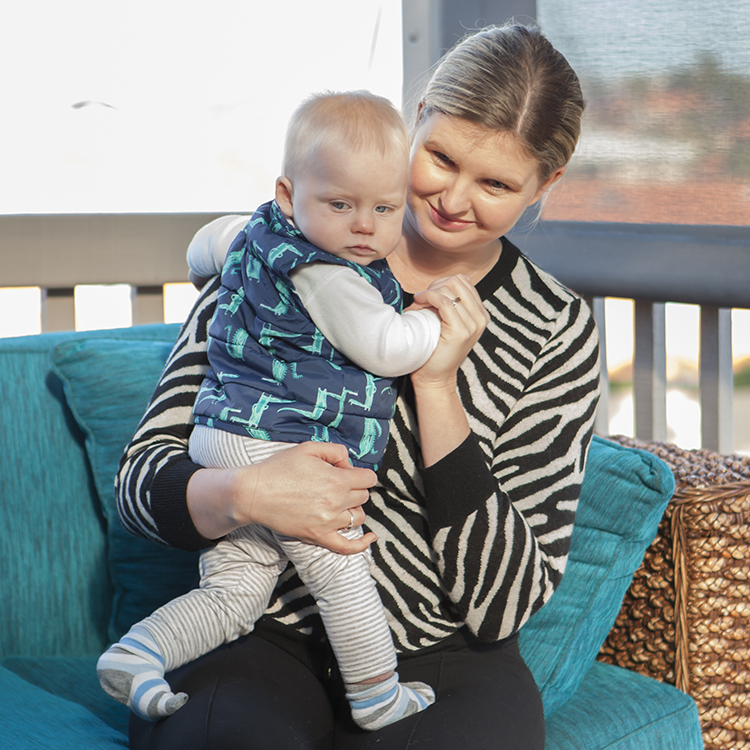Search

Epigenomic research at The Kids explores the links between childhood disease and the molecular hallmarks of epigenetic control.
Research
Review of the quality of evidence for preschool and school-based programs to support social and emotional skills, perseverance and academic self-conceptThis project provides guidance to help school leaders review the evidence for different programs, as well as a review of universal, evidence-based pre-school and school-based social and emotional learning programs available in Australia.
Research
The ARC Centre of Excellence for Children and Families over the Life Course (Life Course Centre or LCC)The Life Course Centre is a national centre funded by the Australian Research Council Centre of Excellence Scheme and hosted through the University of Queensland with collaborating nodes at the University of Western Australia, Sydney University and University of Melbourne.
Research
Profile of the PLAY spaces & environments for children’s physical activity, sedentary behaviour and sleep (PLAYCE) cohort study, Western AustraliaChildhood is a critical period for the development of movement behaviours such as physical activity, sleep and sedentary behaviour. The PLAYCE Cohort was established to investigate how movement behaviours change over early to middle childhood, across key behaviour settings and relationships with health and development. An overview of the PLAYCE cohort, summary of key findings to date, and future research opportunities are presented.
Research
Impact of the Play Active policy intervention on early childhood educator's sedentary behaviour-related practices, psychosocial influences and meeting policy recommendationsHigh levels of sedentary behaviour are associated with poor child health outcomes such as obesity. Early childhood education and care (ECEC) services are a key intervention setting. Most ECEC policy-based interventions focus on children's nutrition and physical activity with few aimed at children's sedentary behaviour.
Research
Can lung disease be averted by focusing on early-life inequities?Shannon Simpson BMedSci (hons), PhD Head, Strong Beginnings Research, Co-head Foundations of Lung Disease 08 6319 1631 Shannon.simpson@thekids.org.au
Research
Measuring the Burden of Epilepsy Hospitalizations in CDKL5 Deficiency DisorderInformation on the hospital service use among individuals with CDKL5 Deficiency Disorder, an ultrarare developmental epileptic encephalopathy, is limited, evidence of which could assist with service planning. Therefore, using baseline and longitudinal data on 379 genetically verified individuals in the International CDKL5 Disorder Database, we aimed to investigate rates of seizure-related and other hospitalizations and associated length of stay in this cohort.
Research
Neurodevelopmental impairment in children with Robin sequence: A systematic review and meta-analysisEstimate the global prevalence of neurodevelopmental impairment in children with Robin sequence (RS) at one year or more of age.
Research
Maternal concentrations of perfluoroalkyl sulfonates and alterations in white matter microstructure in the developing brains of young childrenMaternal exposure to per- and polyfluoroalkyl substances (PFAS) has been linked to child neurodevelopmental difficulties. Neuroimaging research has linked these neurodevelopmental difficulties to white matter microstructure alterations, but the effects of PFAS on children's white matter microstructure remains unclear.
Research
Australian children's physical activity and screen time while in grandparental careThe objective of this study was to explore Australian children's engagement in physical activity and screen time while being cared for by their grandparents.
